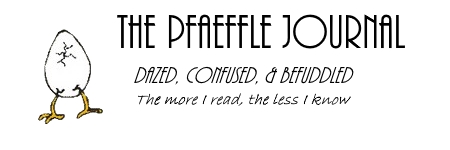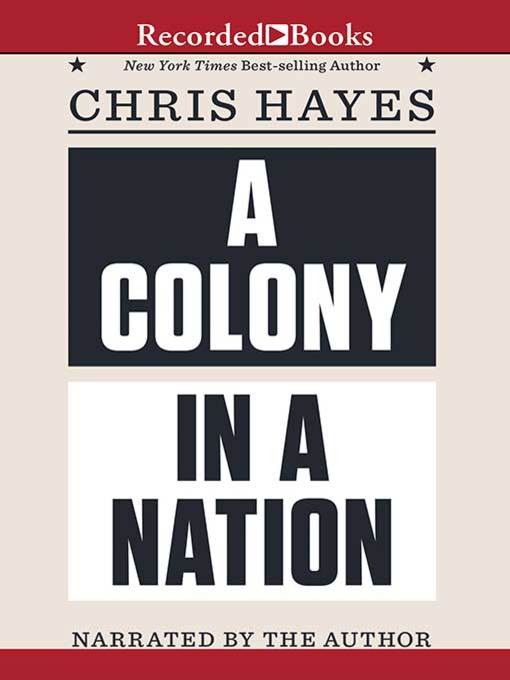 The Girl Who Takes an Eye for an Eye (Millennium, #5) by David Lagercrantz, Simon Vance
The Girl Who Takes an Eye for an Eye (Millennium, #5) by David Lagercrantz, Simon Vance Published by Penguin Random House Audio Publishing Group on September 12th 2017
See it @ Goodreads
Synopsis
Lisbeth Salander, the girl with the dragon tattoo, the brilliant hacker, the obstinate outsider, the volatile seeker of justice for herself and others--even she has never been able to uncover the most telling facts of her traumatic childhood, the secrets that might finally, fully explain her to herself. Now, when she sees a chance to uncover them once and for all, she enlists the help of Mikael Blomkvist, the editor of the muckraking, investigative journal Millennium. And she will let nothing stop her--not the anti-Muslim gang she enrages by rescuing a young woman from their brutality; not the deadly reach from inside the Russian mafia of her long-lost twin sister, Camilla; and not the people who will do anything to keep buried knowledge of a sinister pseudoscientific experiment known only as The Registry. Once again, Lisbeth Salander and Mikael Blomkvist, together, are the fierce heart of a thrilling full-tilt novel that takes on some of the most insidious problems facing the world at this very moment.
While, I enjoyed this 5th installment of the Lisbeth Salander saga, The Girl who Takes an Eye for an Eye, this book doesn’t have the depth of original series. There is just something missing, I felt that the plot was just a little weak and didn’t have the same intricate balance that the first two books had.
The story was just not big enough to handle the mythical character, Lisbeth Salander. In the earlier books written by Larrson, the plot revolved around the characters, they were the forefront of the story. In this book the story was in the forefront not the characters. Lisbeth was some how diminished, along with Mikhael Blomkvist became mere shadows of their former selves.



 Colony in a Nation, A by
Colony in a Nation, A by 
 Sometimes I Lie by
Sometimes I Lie by 